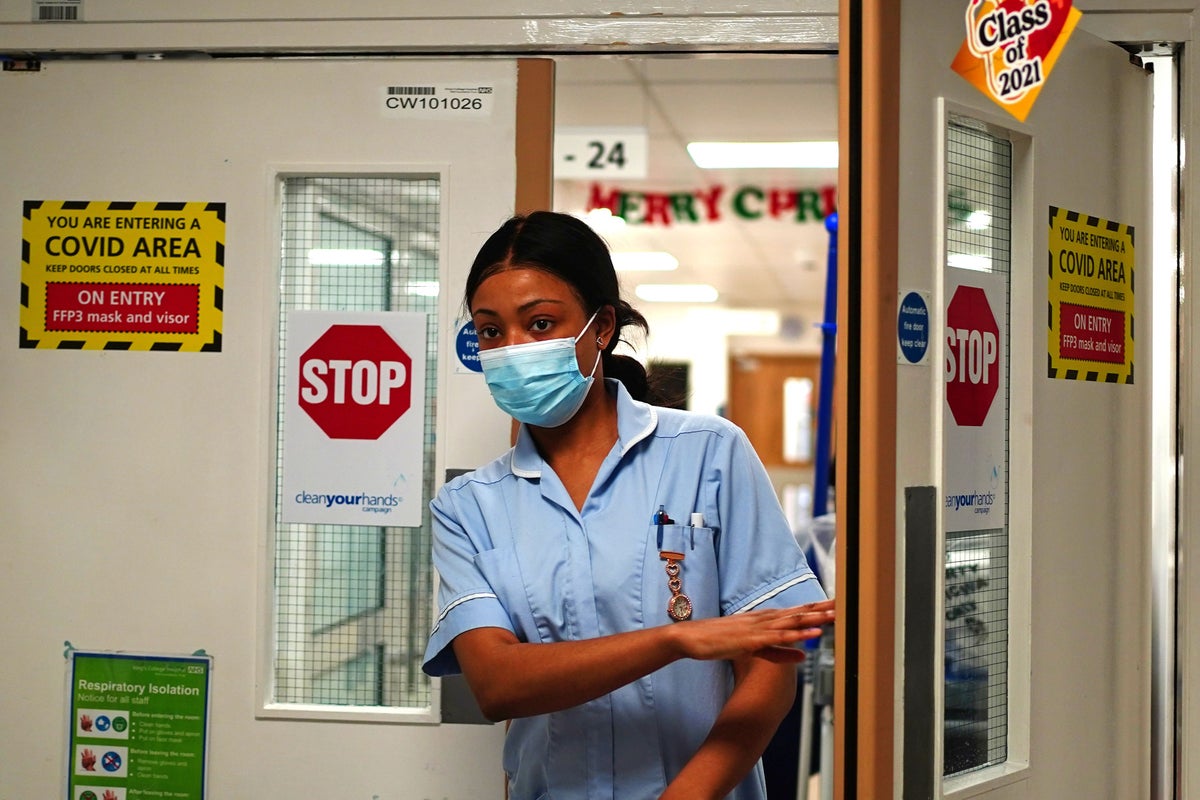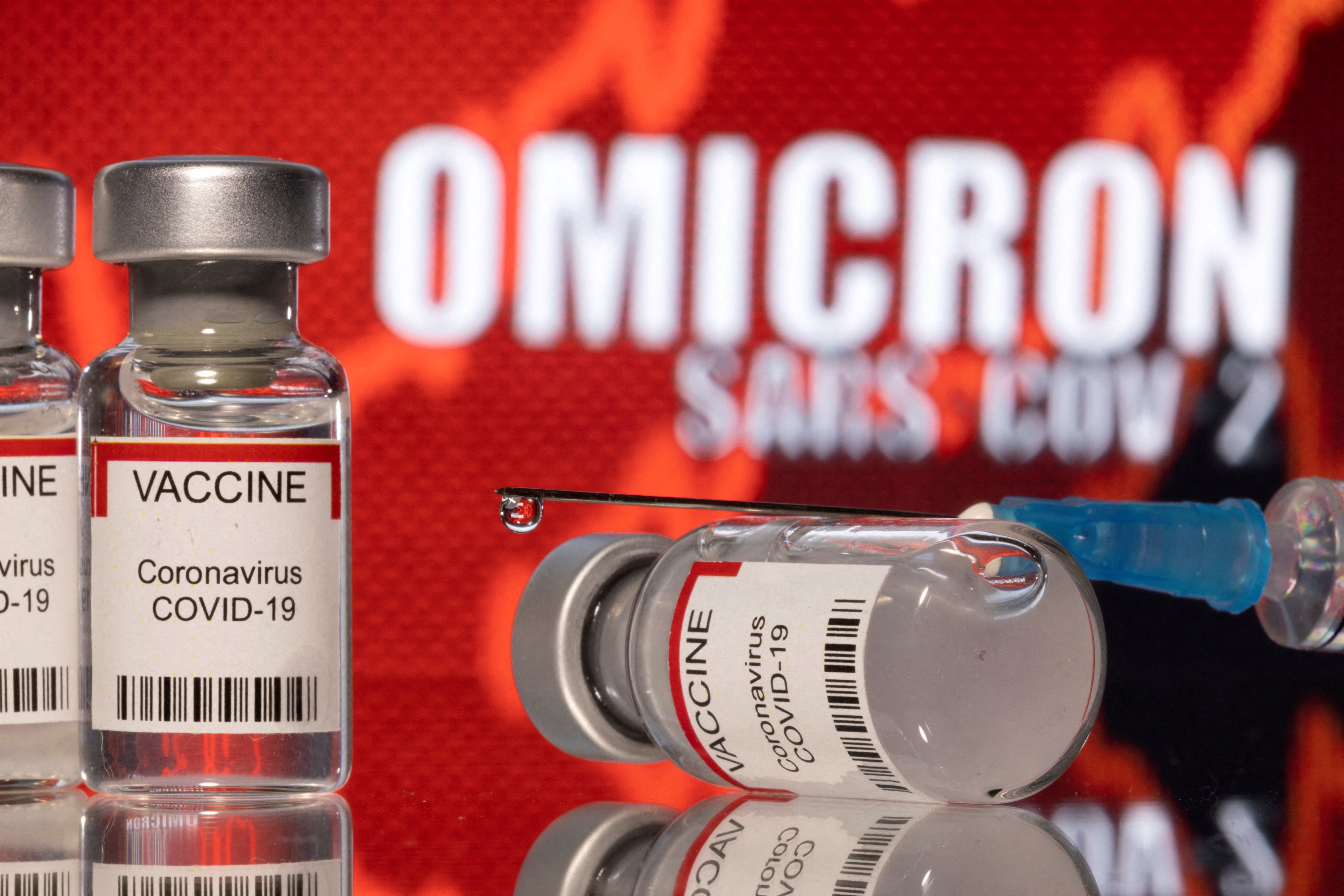
Novel strains of the coronavirus are creating new health concerns around the world as fresh descendants of the highly-transmissible Omicron variant now make up 40 per cent of cases in the US.
The two strains, XBB and XBB.1.5 have seen a surge in cases in countries worldwide. The World Health Organisation has warned the new and “recombinant” Covid variant XBB.1.5 is the “most transmissible yet.”
The new strain has been nicknamed “Kraken” - but what does that all mean, and should we actually worry?

Why is the strain called XBB.1.5 and where has the nickname come from?
It’s thought that “Kraken” gained its nickname on social media, with the name suggested on Twitter by evolutionary biologist Professor T. Ryan Gregory.
“This year, some of us decided that we needed nicknames for variants worth watching, given that the WHO wasn’t giving any new names under their system,” he wrote.
“We’ve been using mythological creature names for variants that are being discussed outside of technical discussions.”
This quickly became popular online, maybe because of how similar a mythological monster seems to the fiendishly evolving virus.
The Kraken originates in Scandinavian folklore and is a many-tentacled sea monster that supposedly destroyed entire ships and dragged sailors to their death.
The use of XBB.1.5 as the official name of the variant is because the virus is a sub-variant of Omicron. This is why it has not been given a Greek letter of its own.
XBB.1.5 gets its name from the Pango method of naming (Pango stands for Phylogenetic Assignment of Named Global Outbreak). The X in the name means that it is a recombinant variant or hybrid of two variants.
A hybrid of two variants is formed when both infect one person at the same time, and then recombine and make something new.
Should we worry about XBB.1.5?
The World Health Organisation (WHO) has called XBB.1.5 “the most transmissible sub-variant which has been detected yet”.
XBB.1.5 has now been found in 25 countries and is a mutated version of Omicron XBB, which was first found in India in August.
XBB can get past the body’s immune system and XBB.1.5 is just as able at doing so. It is also better at “binding” to cells, so it can spread with much more ease.

Dr Maria Van Kerkhove, the WHO’s technical lead for Covid, told a press conference: “We are concerned about its growth advantage, in particular in some countries in Europe and in the US.
“Our concern is how transmissible it is… and the more this virus circulates, the more opportunities it will have to change.”
She did say, however, that there is no data yet to prove that XBB.1.5 causes more severe disease, adding that the WHO is working on a new risk assessment of the variant. This will be released soon.
Has it been seen in the UK?
Yes it has, in fact one in 25 cases of Covid - four per cent overall - were the XBB.1.5 variant, figures from Cambridge’s Sanger Institute show for the week to 17 December.
Latest UK government data shows that Covid cases actually dropped in the week up to and including 31 December. There were 36,605 cases of the virus recorded in England, a drop of 15.4 per cent. Meanwhile 873 people died from the virus in the same seven days.
Are we about to have another wave of Covid?
The US saw the XBB.1.5 variant go from making up just four percent to 40 per cent of Covid cases in the space of just a couple of weeks.
Scientists in the US believe think the new sub-variant is at least in part to blame for the rise in hospital admissions in New York.
Whether or not the so-called Kraken will trigger a new Covid surge in the UK remains to be seen, but reports suggests that a rise in cases may well be seen.







